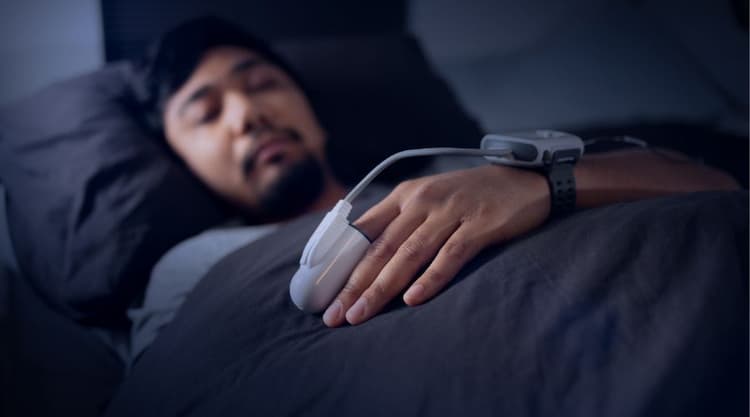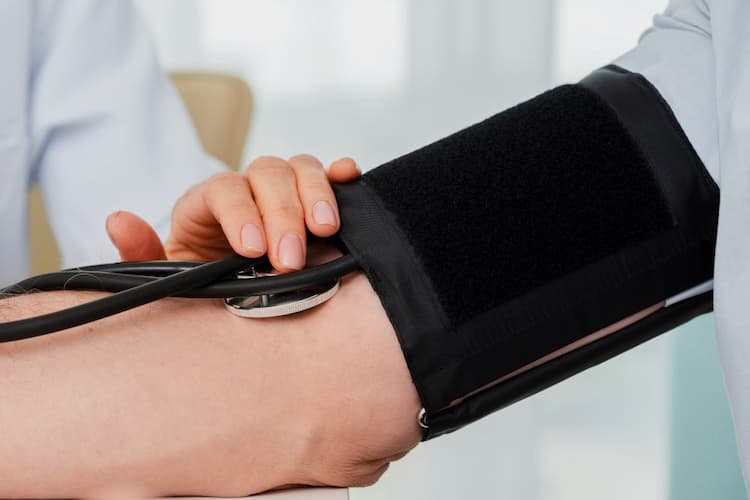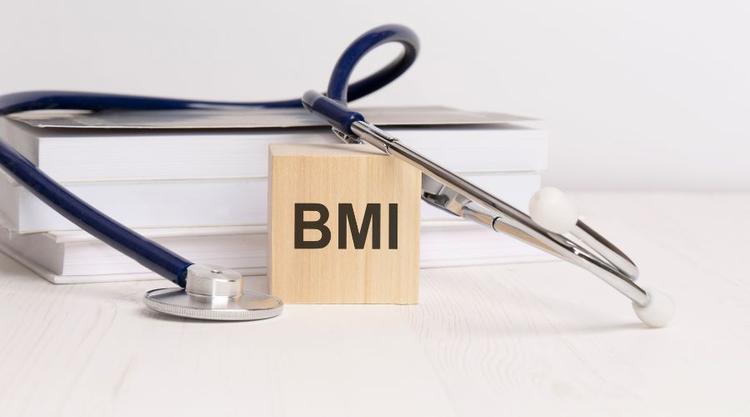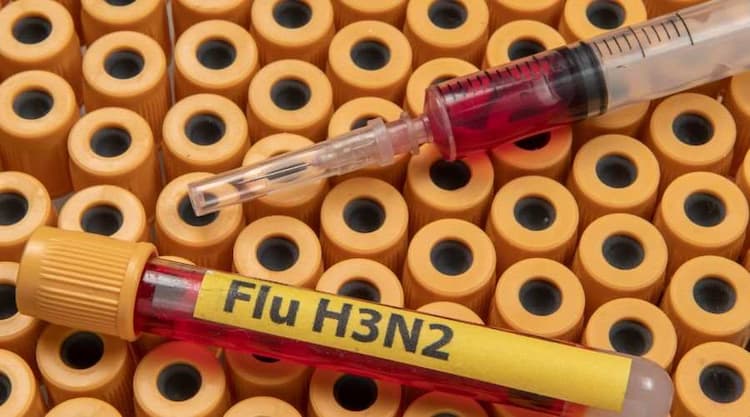Stomach Burning- Causes, Symptoms, Prevention & Treatment

Medically Reviewed By
Dr Divya Rohra
Written By Komal Daryani
on Jul 13, 2023
Last Edit Made By Komal Daryani
on Mar 18, 2024
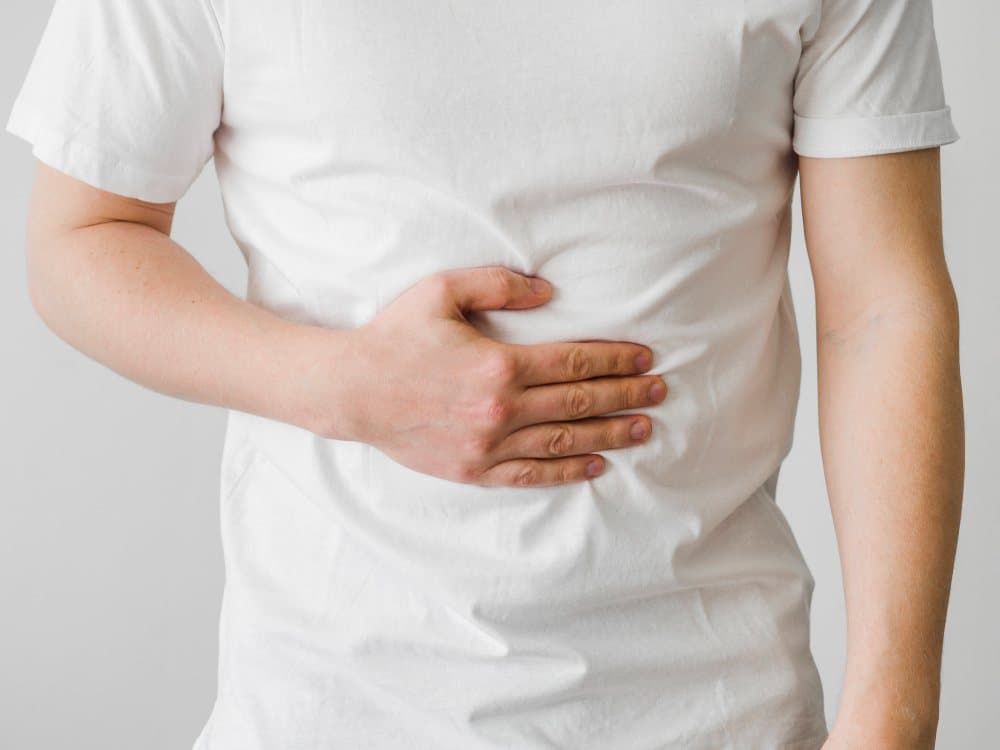
Indigestion often causes a burning sensation in the stomach. A feeling of an acidic stomach can be very painful, and it can get worse after eating or during times of stress. Along with a burning sensation in the stomach, people tend to feel heartburn too. This burning feeling, called dyspepsia, might indicate a food sensitivity or a more severe digestive issue. So if you're feeling discomfort, you're not the only one; many people have reported a specific stomach burning. The good thing is- it can be cured easily.
This article will help you to understand the causes of this stomach discomfort and the possibilities to prevent and treat it.
Causes of stomach burn along with symptoms:
Medical conditions, food, and medication can cause stomach burning, sometimes possibly without any known cause.
Some most common symptoms are:
- Indigestion: Excessive acidity can cause inflammation of your stomach lining, leading to a burning sensation in the stomach. You may also feel nausea, vomiting, and an uncomfortable fullness after meals.
- Gastroesophageal reflux disease (GERD): Acid reflux, often known as GERD, occurs when stomach acid flows up the food pipe and into the esophagus. During reflux, you could experience a chest or stomach burning sensation, chest discomfort, coughing, and trouble swallowing.
- Food intolerance: Some foods can affect you similarly to GERD and worsen existing GERD. Food like:
- Dairy: Bloating, burning in the stomach, diarrhea, and gas is common among people who are lactose intolerant and cannot digest dairy products well.
- Gluten: People who are gluten intolerant cannot digest food with gluten, such as wheat, barley, rye, and their derivatives. Consumption of these items can cause bloating, gas, diarrhea, abdominal pain, and nausea.
- Alcohol: Alcohol can cause stomach burning and gastritis, irritating the stomach lining, intestine, and digestive tract.
- Caffeine: Caffeinated foods, fatty and fried foods, chocolate, citrus fruits, spicy food, ingredients like mint flavoring, and specific vegetables like bell peppers, onions, tomatoes, and eggplant can irritate your stomach lining and cause symptoms similar to GERD.
- Eating habits: Lifestyle-related habits like smoking, frequent consumption of alcohol, stress, unhealthy diet, and eating too much and too fast, especially under stress, can trigger burning and bloating in the stomach and can worsen other gastrointestinal problems.
- Ulcers: Ulcers are wounds that form on the stomach lining and in the upper part of the intestines. The most prevalent symptom is heartburn. Typically, this is accompanied by nausea, heartburn, bloating, burping, and feeling full.
- H. Pylori infection: It is a bacterial infection of the stomach that can increase acid levels in the stomach and can cause nausea, frequent burping, Excessive acidity, bloating, gas, stomach burning, severe cramping, and even stomach cancer.
- Hernia: When an organ pulls through the surrounding muscle or tissue, a hernia results. There are different kinds of hernias, some of which can make the area where the protrusion is felt burn. Symptoms of different hernias depend on your type, but some general symptoms are discomfort near the affected area, pain when lifting, and a feeling of fullness.
- Stomach cancer: Cancer can cause a burning sensation along with fatigue, severe heartburn, nausea, vomiting, weight loss, and feeling full after having a small amount of food.
These are some causes of stomach burn, and apart from these, some other reactions can also cause stomach burn. There are some cases of people who experience a burning stomach without identifying the cause. So it's better to take prevention before it gets too late. Here are some prevention & treatment for burning stomachs.
Prevention & Treatment
Although stomach-burning is common, there are various stomach-soothing techniques you can attempt. These may aid in easing your symptoms and averting later, more severe issues.
- Eat smaller meals- By having smaller meals stomach will not pressure the lower esophageal sphincter (LES). This valve-like muscle keeps stomach acid from backing up into the esophagus.
- Avoid lying down after meals- Lying down just after meals increases pressure on the LES, which makes acid reflux more likely.
- Avoid having meals late at night- Having a meal or snack within three hours of sleep can worsen your reflux. Remember, the stomach needs time to clear out, so don't eat right before bed.
- Avoid after-meal exercise- Give your stomach a couple of hours to be empty, do not exercise right after eating.
- Stop consuming carbonated drinks- Carbonated beverages cause belching, which promotes stomach acid reflux.
- Check your prescriptions- Inquire your doctor if any medications you take can worsen acid reflux or cause esophageal inflammation.
Take Care of Your Stomach!
These are general ways to prevent your symptoms; if it does not help even a little, talk to your doctor about it. These remedies are not a substitute for treatment, so it is better to get medical help before the situation worsens.There can be many reasons for a burning stomach. If you feel something unusual and have symptoms related to gastrointestinal issues, then your doctor might suggest a Gastro care package to find the actual cause & help to find the proper treatment for you. With Redcliffe Labs, you can get this test with a free home sample collection service at a very reasonable price of Rs. 799. So for trusted results, book your test with Redcliffe Labs today.
